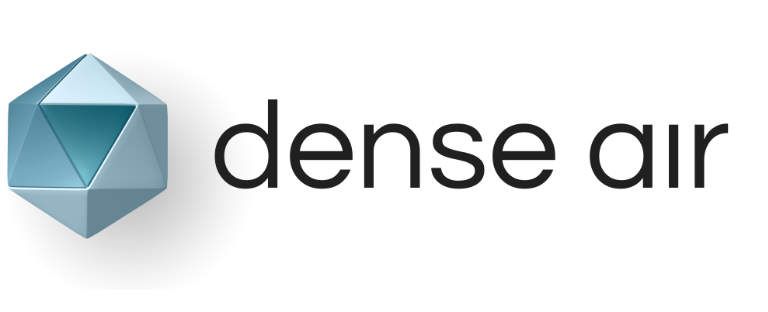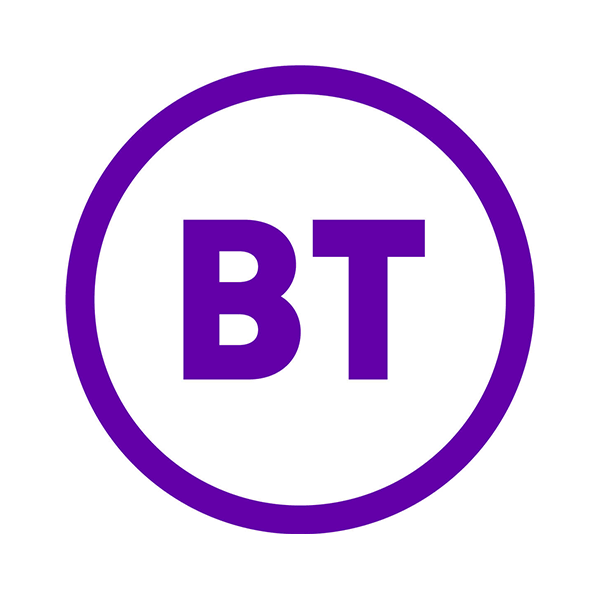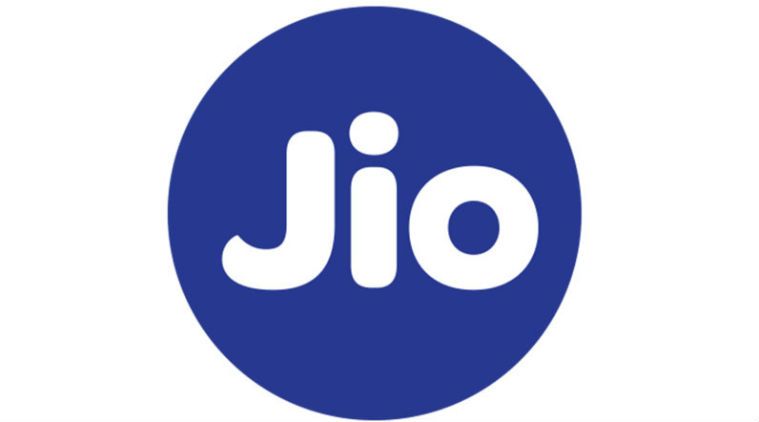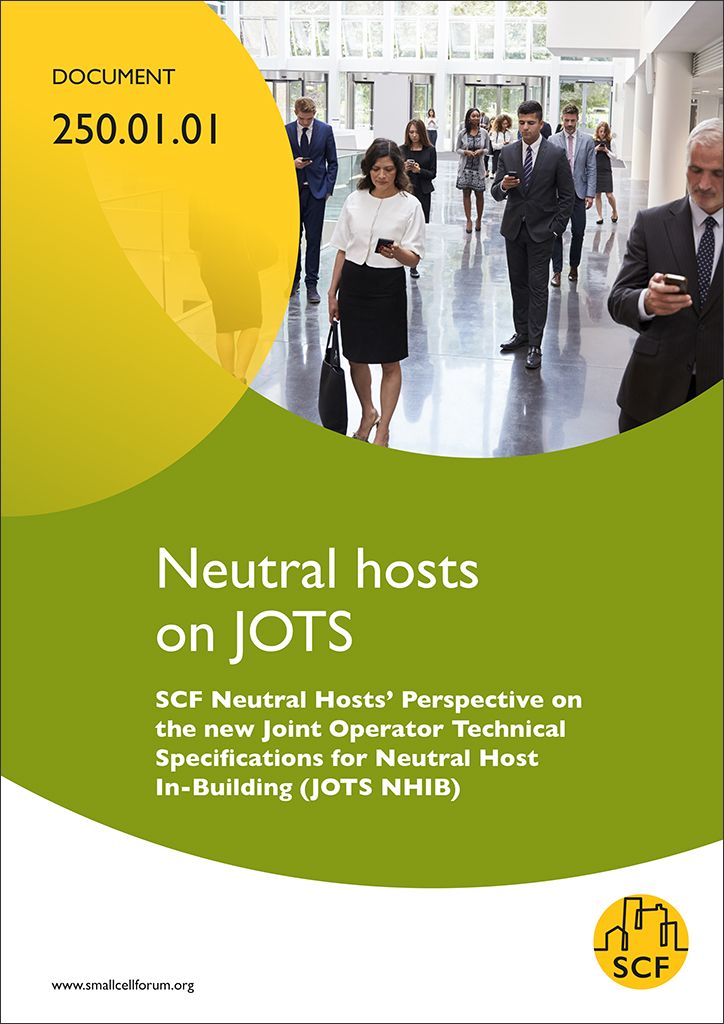Evolving service provider ecosystem
Some of our the key initiatives important to non-traditional deployers include private networks, supply chain diversity, our Hosted Open RAN initiative, and the JOTS NHIB (Neutral Host In-building) specifications. In 2023 our focus is also on energizing the globalization of JOTS with network operator and neutral host market engagement activities as well as high level requirements analysis. We are also promoting a better understanding of the role of neutral hosts, and the advantages of this evolving service provision landscape in the delivery of digital transformation for governments, economies, enterprises and society at large.


Hosted RAN high-level design
SCF has proposed the concept of Hosted RAN, a global framework for neutral host and private networks. Hosted RAN enables new entrants to deploy coverage and capacity and enables 5G to realize its promises through densification of public networks and deployment of secure private networks.
SCF245 Neutral host requirements part 2: Hosted RAN high-level design, aims to globalize and build on the ground-breaking work initiated by the UK’s MNOs’ Joint Operator Technical Specification for Neutral Host In-Building (JOTS NHIB). However, SCF245 goes further, making Hosted RAN applicable for a range of tenants not just Mobile Network Operators, but also private network operators, MVNOs and enterprises, for indoor and outdoor scenarios.
SCF’s Hosted RAN aims to:
- support a variety of tenants – e.g., MNOs, MVNOs and enterprises – across global markets
- support indoor and outdoor coverage solutions
- leverage disaggregated and virtualized network functions
- describe a flexible architecture that can cater for a variety of management architectures, giving the neutral host more or less management responsibility, as required
DOWNLOAD
Contributors







Neutral host requirements part 1: Architectures
SCF244 Neutral host requirements part 1: Architectures sets out the range of neutral hosting architectures in use and emerging today. In addition to site sharing and DAS, it looks at the new hosting models being enabled by CBRS licensed shared access in the US and the JOTS NHIB framework proposed by MNOs in the UK. The paper, which was released in 2021, set out the proposed Hosted RAN global framework that the part 2 document above elaborates on.

Neutral hosts on JOTS
SCF represents a growing group of neutral hosts and other alternative deployers that have been closely following the development of the JOTS NHIB specifications since they were discussed at Small Cell World Summit 2019. We see this pioneering operator agreement as a significant step forward in the cost-effective delivery of multi-operator services into small- to medium-sized business premises in the UK, as well as being a template for other regions. In this paper we provide a neutral host’s perspective on these consensus UK MNO requirements – both for the UK indoor cellular market, but also how global neutral hosts view this model compared to established and emerging models in their own regions.
DOWNLOAD
Options for indoor cellular coverage
This guide is for building owners and enterprises. It explains the diversity of service providers that enterprises could be dealing with – carriers/MNOs, neutral hosts, system integrators, private networks providers; as well as the technologies that they’ll be using, including small cells, relays, private LTE/5G, Edge, and DAS. Drawing on real world examples, we aim to help organizations of all sizes to understand what they can do to improve mobile connectivity on their premises, be that as a landlord or a tenant.
DOWNLOADNeutral host, regulation and global best practice
More progressive regulation is critical to the proliferation of small cells that will be needed for 5G, enterprise use cases and indoor coverage. In this video, recorded at the TowerXchange Asia Meet-up, representatives from regulators, towercos and neutral hosts share their views on regulation and what is needed for the future of shared infrastructure. Hear from Ofcom, the UK regulator, DIPA, India’s Digital Infrastructure Providers Association, edotco, Wireless Infrastructure Group and Crown Castle.
Neutral host content SCWS 2023
Sharing models for digital transformation of enterprise and cities
- How neutral host & MNO partnership enables digital transformation – Tom Bennett, CTO, Freshwave
- Future-proofing mission-critical connectivity infrastructure – Graham Pollitt, IT Infrastructure Director, Manchester Airport
- Maximising socio-economic benefits of large infrastructure projects; operational challenges of smart city infrastructure; evolving business & partnership models for large infra projects – Andrew Conway, Director of Solutions & Innovation, BAI Communications UK and Ireland (soon to be Boldyn Networks)
- Small Cell Deployment – What happens when the technology and the real world meet – Chris Stratton, Company Director and Chair of RICS Telecom Expert Working Group and Carlos Pierce, NCA, Co-founder and Chair of the National Connectivity Alliance (NCA)
-
Panel: Requirements for large-scale, future-proof connectivity – Graham Pollitt, IT Infrastructure Director, Manchester Airport, Chris Stratton, Company Director and Chair of RICS Telecom Expert Working Group, Paul Senior, Chairman, Dense Air, Craig Walton, Chief Digital Officer, Tees Valley Combined Authority, Carlos Pierce, NCA, Co-founder and Chair of the National Connectivity Alliance (NCA), Moderated by Simon Fletcher, Chief Strategy Officer, Small Cell Forum
The role of hybrid solutions for delivering a sustainable model
- Public, private and hybrid networks – poor relation or the way ahead for scalable, sustainable and flexible service delivery? – Bart Giordano, SVP and President, CommScope
- Hybrid models for enterprise – Patrick Bradd, CEO, Ontix
- Private networks in the real world – David O’Byrne, Senior Business Development Manager, Druid



